

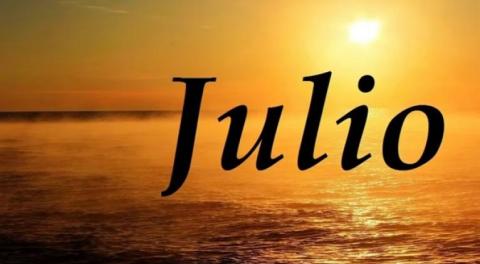
We Cubans know it well: in July, thermometers rise and we sweat, even more so when there's no energy to turn on a fan.
But here we are, in the seventh month of the Gregorian calendar, which is synonymous with summer and school holidays in our hemisphere, and also with important historical and cultural events.
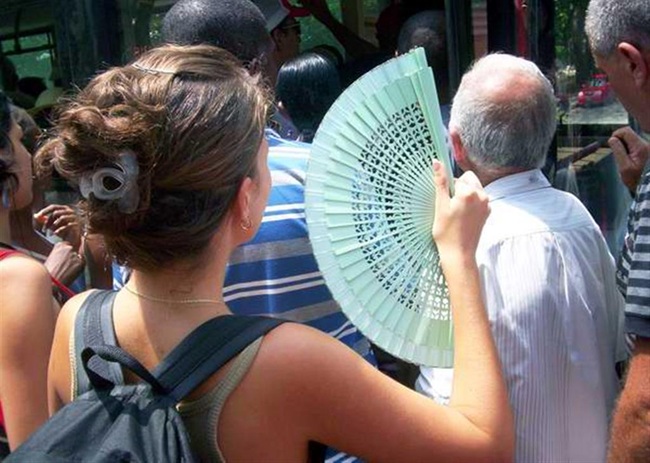
The origin of this month dates back to ancient Rome, where it was initially called Quintilis (the fifth month of the Roman calendar, which began in March), and was renamed Julius in honor of Julius Caesar after his assassination in 44 BC because that famous Roman general and statesman was born on July 13.

July is notable for its high temperatures, especially in the mid- and high latitudes of the Northern Hemisphere. It’s associated with the sun, the sea, and harvests, but also with thunderstorms and extreme weather events, from which Cuba has not been exempt. Consider, for example, Hurricane Dennis, which on July 7, 2005, hit Granma province, hitting the eastern region of the country with Category 4 force.
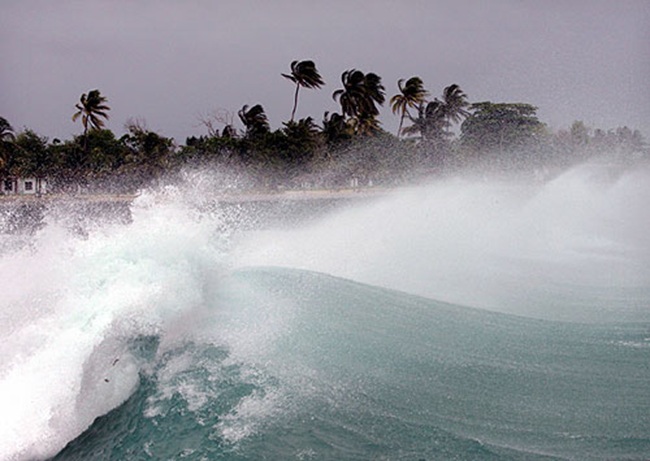
In addition to Dennis, two other hurricanes—not counting cyclones and tropical storms—have impacted the island in July, in 1909 and 1933, respectively.
This is the case in this part of the planet, while in the Southern Hemisphere, on the contrary, July represents the heart of winter.
In astronomical terms, July typically hosts the Delta Aquariid meteor shower, as well as some of the shortest or longest nights of the year, depending on the hemisphere.
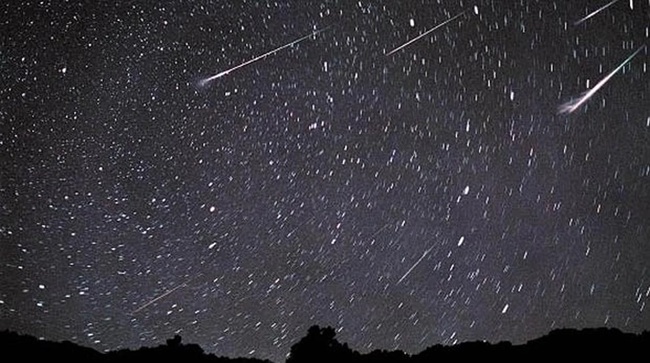
This seventh leave of the calendar opens onto a turbulent and contradictory world where, on the one hand, wars, ambitions, and inequalities darken the landscape; while, paradoxically, on the other side of this polyhedron, the same humanity where many literally die of hunger, gunshot wounds, or sadness is the same one advancing at ever more surprising strides in fields such as Artificial Intelligence, quantum physics, the ability to generate electricity from rain, and even capture an aurora on the Martian surface.
In Cuba, there are many events that have marked this month—also a time of graduations—but among those that occurred in the first few days, it’s worth noting the publication, in 1889, of the first issue of the monthly magazine La Edad de Oro, dedicated by José Martí to the children of the Americas.
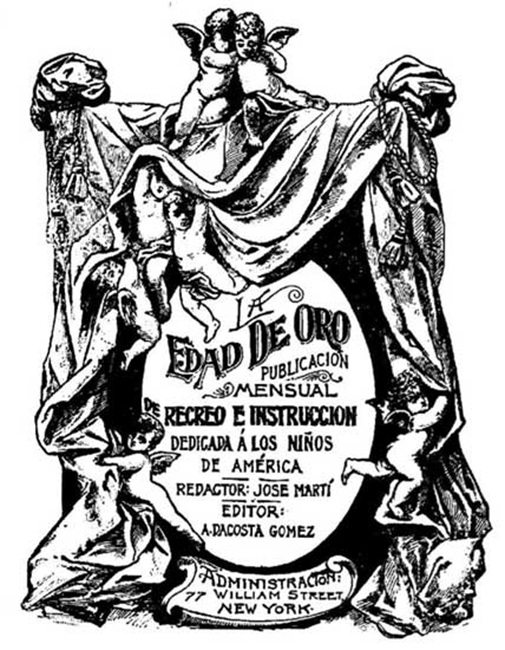
Particularly for those on this island, the third Sunday is reserved as Children's Day, ever since July 6, 1973, when Commander-in-Chief Fidel Castro Ruz, along with Army General Raúl Castro and other members of the PCC Secretariat, met with representatives of the pioneers from across the country.
Almost at the end of the month, on July 26, Cuba celebrates National Rebellion Day, proclaimed in commemoration of the 1953 assault on the Moncada and Carlos Manuel de Céspedes Garrisons.
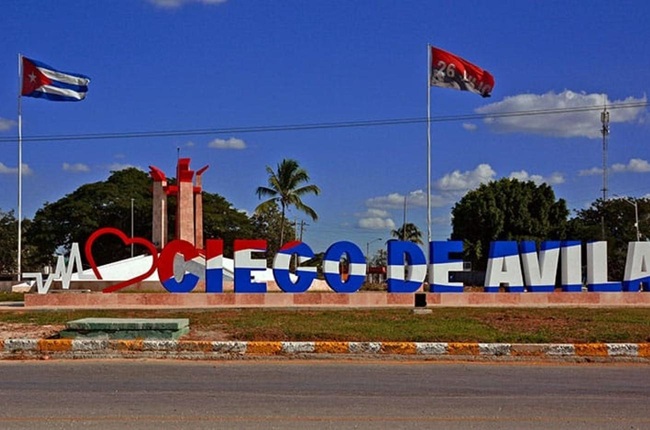
On this occasion, the central province of Ciego de Ávila was chosen to host the main event commemorating the anniversary.
Translated by Amilkal Labañino / CubaSi Translation Staff